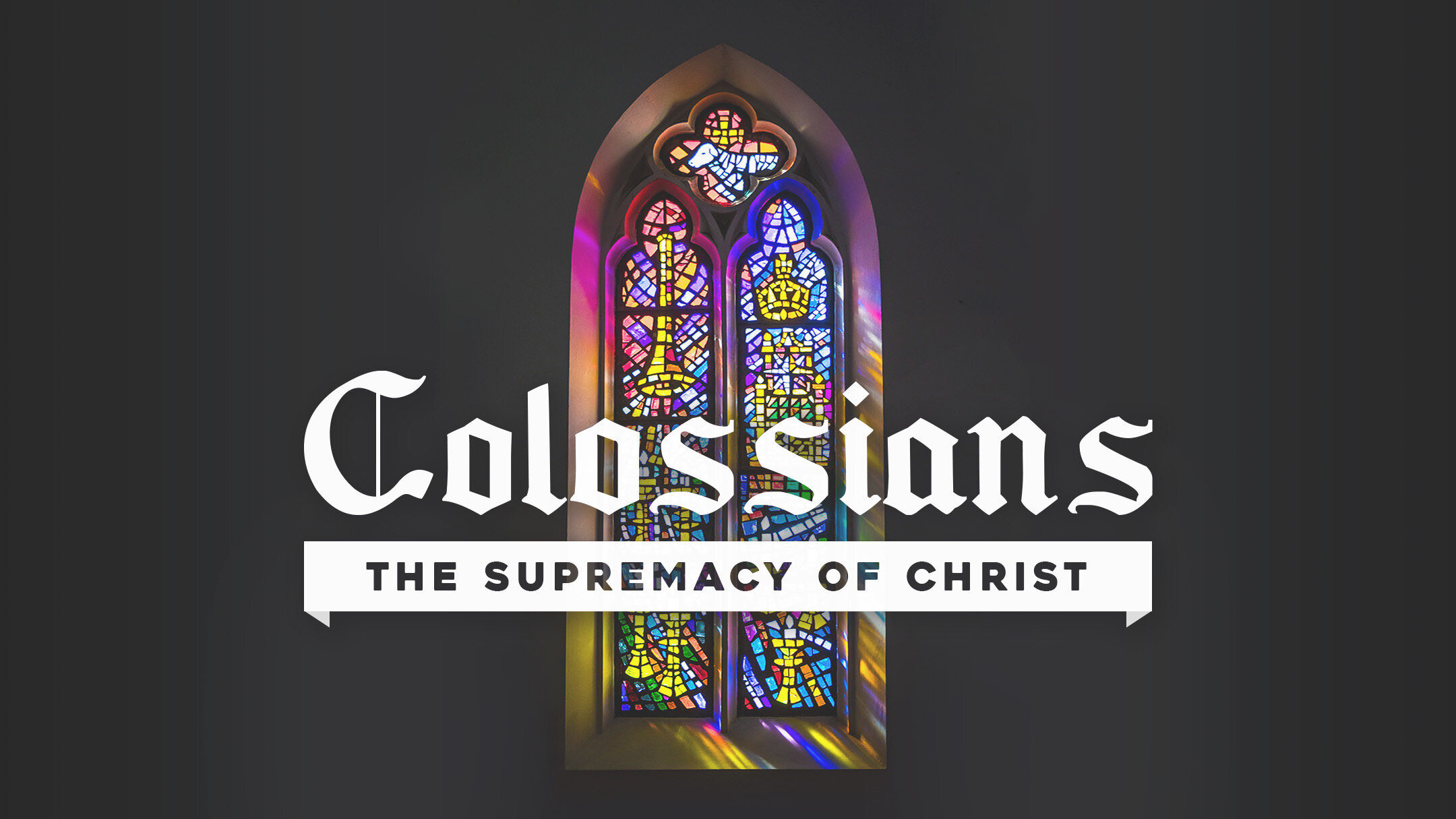God At Work In The Ordinary
Later this Spring, we’re starting a new sermon series called Revival: Renewal In The Ordinary. While I’m certainly loving our 1 Peter series, I’m really excited to be studying the many topics that this new series is going to cover. More than anything, I’m looking forward to this series because I believe our church communities are in need of revival.
In my opinion, many churches in the United States have boxed “church” to only on Sunday’s and have further boxed God to an entity who provides creative inspiration through clever uses of social media and attractional preaching where people can get their fix of daily or weekly goodness. I think, in many ways, the gospel of Jesus Christ has become water downed in our churches and assumed in our families and communities.
WHAT IS REVIVAL?
I’m going to define “revival” as a work of God in the people of God through the ordinary means of life. When we look back at church history, particularly during the Great Awakening, revival broke out in church communities all over New England and it wasn’t that pastors and preachers were doing anything spectacular or new, but simply faithfully preaching the word of God and shepherding their congregations.
Through the ordinary means of daily life, God convicted the hearts of His people and they cried out to Him, people came to know Him, and the church thrived.
If you’re like me, when you hear the word “revival,” you may think of large tents that are set up on the fringes of a city where people gathered and preachers created a revival through special events. This is not revival. When men try to manufacture revival through techniques, tactics, and wonder, they are relying on the power of persuasion and manufactured emotion.
In revival, God the Holy Spirit is the primary agent; awakening His people through faith and repentance. In revival, it is the power of the Holy Spirit through prayer that produces renewal, not technique or tactic.
MORALISTIC THERAPEUTIC DEISM
In their 2005 book, Soul Searching: The Religious and Spiritual Lives of American Teenagers, sociologists Chad Smith and Melinda Denton coin the term “moralistic therapeutic deism (MTD)” to define the spiritual condition of teenagers in America. They argue that our teenagers have actually been listening well and have adopted moralistic values, but with the absence of God. Additionally, this view has bled into other “Christian organizations and institutions” .
In short, the American church has reduced the depth and beauty of the gospel and Sunday’s have become self-therapy.
Here’s a breakdown MTD:
A god exists who created and ordered the world and watches over human life on earth.
God wants people to be good, nice, and fair to each other, as taught in the Bible and by most world religions.
The central goal of life is to be happy and to feel good about oneself.
God does not need to be particularly involved in one's life except when God is needed to resolve a problem.
Good people go to heaven when they die.
So, what’s the problem with MTD? If our churches have embraced MTD (even if they don’t call it that), then we will have sacrificed theological conviction for individualism. Revival is necessary because it begins with faith and repentance not moralistic therapy. Revival is a transformational work of God through the Holy Spirit that compels us to make much of the person and work of Jesus so that more can come to know and worship Him.
And rather than the pursuit of moral therapy, the church seeks and pursues holiness that is deeply rooted in what God has done for us and who He says we are.
“He himself bore our sins in his body on the tree, that we might die to sin and live to righteousness. By his wounds you have been healed. For you were straying like sheep, but have now returned to the Shepherd and Overseer of your souls.”
When we embrace MTD, we end up redirecting our sin and not repenting of it. And when the cultural value is individualism, we end up counseling our sin and not mortifying it.
Church, we need revival.
RECOMMENDED READING
• Revival and Revivalism: The Making and Marring of American Evangelicalism 1750-1858 by Ian Murray
• Moralistic Therapeutic Deism: The New American Religion by Albert Mohler Jr.










